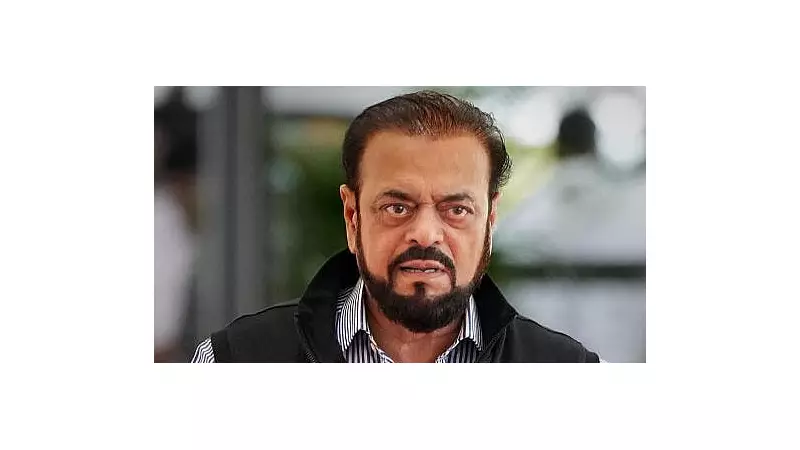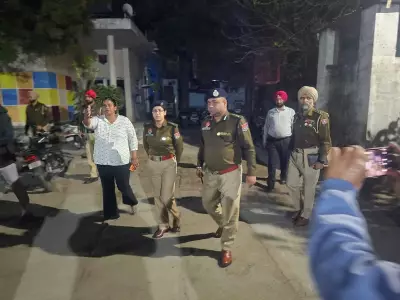
In a dramatic political confrontation, Samajwadi Party leader Abu Azmi has publicly rejected a BJP legislator's challenge to recite the Vande Mataram, launching a scathing counter-attack against what he calls the ruling party's "discriminatory politics."
The controversy erupted when BJP MLA Mihir Kotecha extended an invitation to Azmi to join him in singing the national song during the ongoing Maharashtra legislative session. However, the SP leader responded with a powerful rebuke that has since gone viral across political circles.
The Heart of the Controversy
"You want Muslims to sing Vande Mataram," Azmi declared, "but when it comes to accepting a Muslim as Mumbai's Mayor, you create obstacles to prevent a Khan from taking the position."
This sharp retort references the recent mayoral elections in Mumbai, where the BJP has been accused of blocking the nomination of Muslim candidates for the prestigious post. Azmi's statement cuts to the core of opposition allegations that the BJP practices selective patriotism when it comes to the country's Muslim minority.
Political Theater in Maharashtra
The exchange represents more than just political point-scoring—it highlights the ongoing tension between symbolic gestures of nationalism and substantive political representation. Azmi questioned the sincerity behind the BJP's invitation, suggesting it was more about political posturing than genuine inclusion.
"Why this sudden invitation only during session time?" Azmi challenged, implying the move was designed more for media attention than meaningful dialogue.
Broader Implications
This incident occurs against the backdrop of increasing political polarization in India, where patriotic symbols like Vande Mataram have become flashpoints in larger debates about religious inclusion and national identity. The Samajwadi Party leader's refusal to participate in what he sees as political theater underscores the deepening divide between the ruling party and opposition groups.
Political analysts suggest that such exchanges are likely to become more frequent as state elections approach, with both sides seeking to mobilize their respective voter bases through symbolic gestures and counter-accusations.
The Maharashtra assembly session continues amid heightened political temperatures, with this latest exchange adding fuel to the ongoing political fires in one of India's most significant states.






